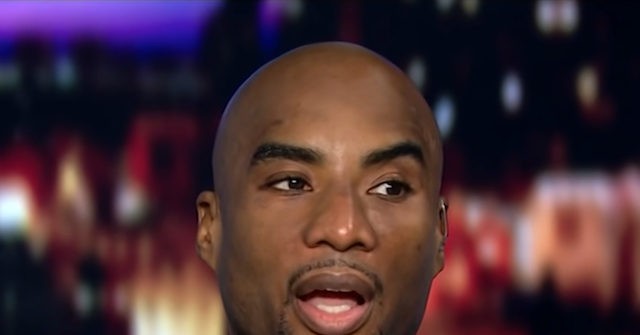On a recent episode of ABC’s “The View,” radio host Charlamagne tha God discussed the criticism surrounding President Joe Biden’s decision to potentially pardon his son, Hunter Biden. The conversation arose from co-host Joy Behar’s inquiry about the perceived hypocrisy of Biden’s earlier assertions that he would not grant such a pardon. Charlamagne acknowledged that the backlash against Biden is justified, particularly given how the Democratic Party often claims a moral high ground in political debates. He emphasized that Biden’s initial statements about not pardoning Hunter were unnecessary, arguing that he could have simply stated that he was not focused on the issue. The discussion ignited a debate on the principles and beliefs that guide the Democratic stance amidst the political landscape, especially in contrast to the previous administration under former President Trump.
Charlamagne expanded on his criticism by reflecting on the Democratic Party’s recent rhetorical strategies, particularly regarding law and accountability. He pointed out that Biden’s previous remarks about respecting the law and the jury’s decisions seemed contradictory after his son’s legal issues. This inconsistency raised eyebrows, especially since Democrats often label themselves as champions of justice and accountability. Charlamagne suggested that Biden’s statements on the matter appeared to be a self-imposed burden that ultimately backfired. By volunteering the idea that he would never pardon Hunter, Biden gave critics an opportunity to question his integrity and commitment to the principles he advocated.
Co-host Whoopi Goldberg intervened during the discussion to challenge Charlamagne’s assertion that Biden’s remarks were a lie. She speculated that Biden’s change of heart could have been prompted by the perceived injustices he witnessed against others, suggesting that he might have felt the need to adapt to the prevailing political climate. Goldberg argued that, as a Democrat, there is often pressure to adhere strictly to a principled stance, but circumstances can alter one’s judgments over time. This perspective introduced an element of empathy and understanding for Biden’s situation, indicating that the political pressures he faces could have influenced his decision-making process.
Charlamagne, however, maintained that it was not merely a matter of adapting to circumstances. He pointed out that the Democratic Party’s principles and promises were undermined by Biden’s actions and statements. He argued that it was the party’s own insistence on moral superiority that made Biden’s apparent flip-flop all the more problematic. The conversation thus revealed a tension between the expectations of Democratic leaders and the realities they face, suggesting that Biden’s decision could be seen as a compromise or a capitulation to political pressures rather than a principled stand.
The dialogue highlighted broader discussions regarding honesty and accountability within politics. Charlamagne’s points drew attention to a recurring theme in American political discourse: the challenge of balancing personal loyalty and familial ties with public accountability. By considering the implications of Biden’s potential pardon of Hunter, the discussion invited viewers to reflect on the complexities and ethical dilemmas that often define political decisions. The intersection of personal and political spheres underscores the difficulty of maintaining integrity in an environment where public opinion and political strategy are constantly in flux.
In conclusion, the discussion on “The View” encapsulated a significant moment in the ongoing narrative surrounding the Biden administration and its handling of ethical challenges. Charlamagne’s critiques and Goldberg’s counterarguments illustrated the nuanced landscape of political discourse, emphasizing the importance of maintaining consistency in political values, especially for a party that prides itself on moral standings. As the situation evolves, it calls into question how leaders navigate personal relationships against a backdrop of public expectations and political realities, making it a pivotal moment for both Biden and the Democratic Party as they move forward.

